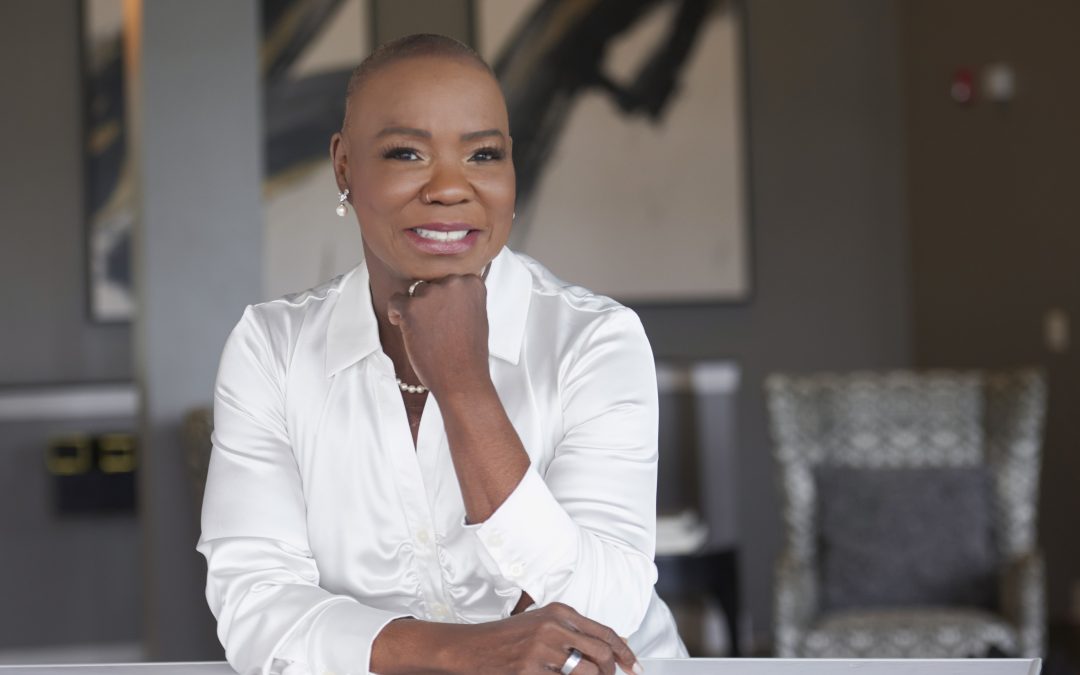When the FDA announced the removal of the black box warning from estrogen products, I felt something shift inside me. Not just as a physician, but as a woman who has walked through menopause myself — unprepared, uninformed, and carrying far more fear than truth.
For more than two decades, estrogen was treated like a villain. A danger. A risk no woman should willingly take. Many of us absorbed that message without question, because it came wrapped in the authority of science and stamped with the FDA’s loudest alarm.
But here’s the part that stings:
The warning was placed on flawed, misunderstood data.
And it changed the trajectory of women’s health for an entire generation.
Now, 23 years later, the FDA has quietly corrected the record.
And I can’t help but feel both relieved and deeply frustrated.
This isn’t just a medical update.
This is a reclamation.
A correction of the story we were told — and the one we should have had all along.
The Fear We Lived With Was Never Ours to Carry
I think about all the women who sat across from me in the exam room, whispering their suffering as if it were their fault. Hot flashes that stole their sleep. Anxiety that made them feel like strangers in their own bodies. Weight gain that refused logic. Vaginal pain that broke their confidence.
So many of them said the same thing:
“I heard estrogen causes cancer. I don’t want to risk it.”
For years, we were conditioned to fear estrogen more than we feared losing our quality of life.
And that fear was rooted in a misinterpretation — not the whole truth.
The original WHI study wasn’t designed to answer the question of estrogen safety the way it was later used. It wasn’t tailored to the women actually seeking relief. And the data was presented in ways that magnified risk and minimized context.
The result?
Two decades of unnecessary suffering.
The FDA’s Decision Isn’t About Changing Science — It’s About Correcting It
This update doesn’t mean estrogen suddenly became safer. It means:
It was safer the whole time.
The new labeling reflects what many menopause specialists have known for years:
- Estrogen is the most effective treatment for hot flashes and night sweats
- It improves sleep, mood, and cognition
- It protects bone health
- It supports metabolic balance
- It maintains vaginal and sexual health
- And for many women, the benefits far outweigh the risks
Yet the black box warning kept women — and too many clinicians — afraid to even consider hormone therapy.
The harm wasn’t just medical.
It was emotional.
It was psychological.
It was generational.
We lost trust in our own bodies.
We learned to tolerate suffering because we believed that was safer than relief.
And now, finally, the narrative is shifting back to truth.
This Moment Is About More Than Hormones — It’s About Agency
As women, we have often been the last to receive clear information about our bodies. Menopause has been framed as inevitable decline, something to “power through,” something not worth treating.
But this moment?
This feels different.
It feels like the scientific community is finally catching up to what women have been saying all along:
“We know our bodies.
We know when something isn’t right.
And we deserve care that honors that.”
The FDA’s decision reopens the door to informed choice — not fear-based avoidance.
It means you get to ask better questions.
You get to advocate without apology.
You get to consider hormone therapy with clarity, not shame.
And you get to decide what your midlife looks like — not what outdated science said it had to be.
So What Do You Do With This Information?
Here’s my advice as your doctor, your sister-friend, and your truth-teller:
1. Ask questions without fear of being dismissed.
Your provider should welcome them.
2. Understand your personal risk profile.
Hormone therapy is not one-size-fits-all, and that’s a good thing.
3. Don’t let old narratives shape your future.
What was “true” in 2002 is not the truth today.
4. Reclaim your right to feel good in your body again.
You deserve more than survival.
You deserve relief, clarity, and vitality.
A Final Word — From One Midlife Woman to Another
I didn’t understand menopause until it turned my world upside down.
I didn’t understand the power of estrogen until I lived without it.
And I didn’t understand how deep the misinformation ran until I watched women suffer silently in my practice — on repeat.
This FDA decision feels like a long overdue apology.
Not loud enough.
Not public enough.
But meaningful.
As you move through your own midlife evolution, I want you to know this:
You are not fragile.
You are not imagining it.
You are not meant to suffer.
Your hormones are not betraying you —
they’re guiding you toward deeper understanding of your body, your health, and your power.
And the science finally agrees.
Stay brilliant, stay informed, and most of all…stay juicy.
Dr. Arianna

